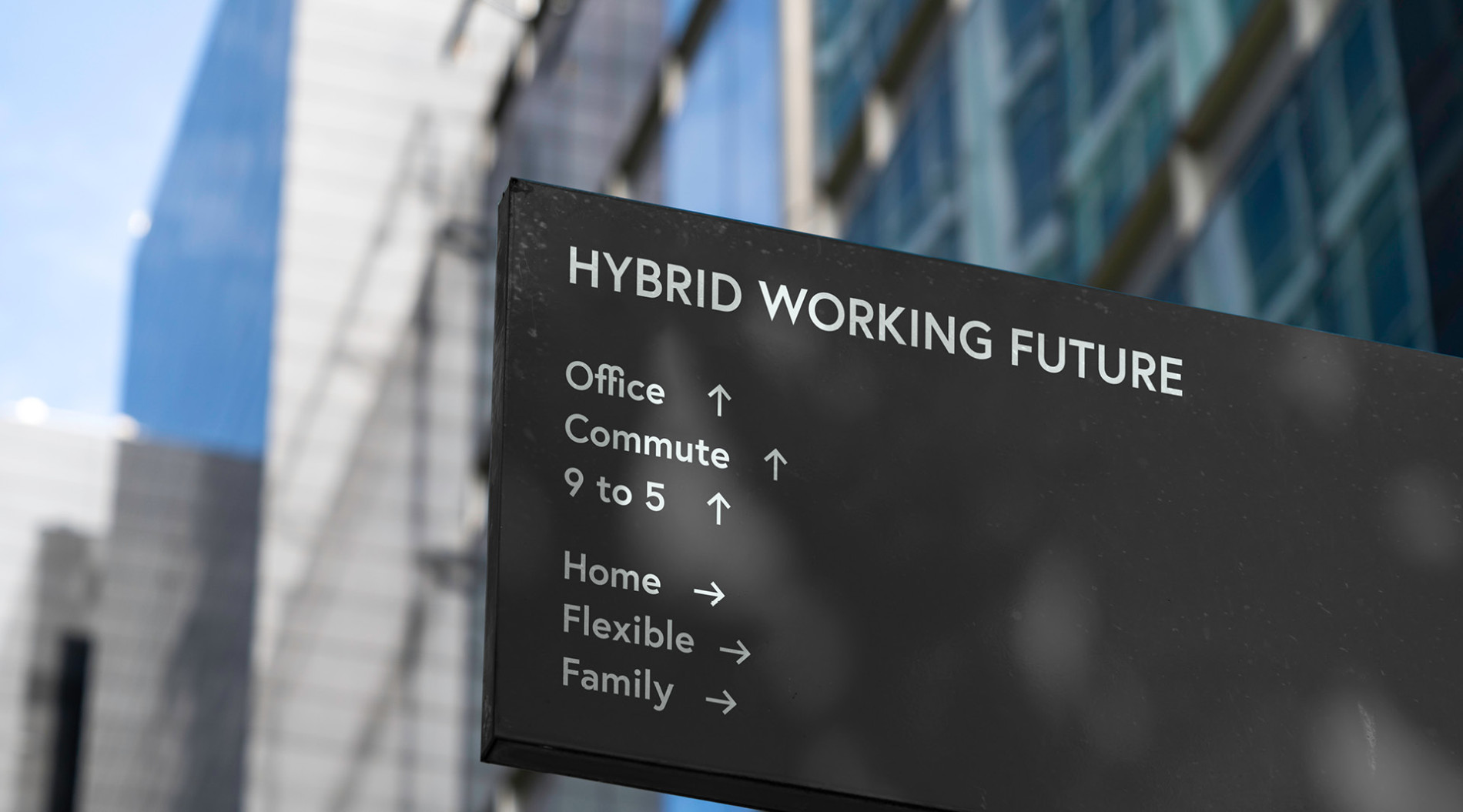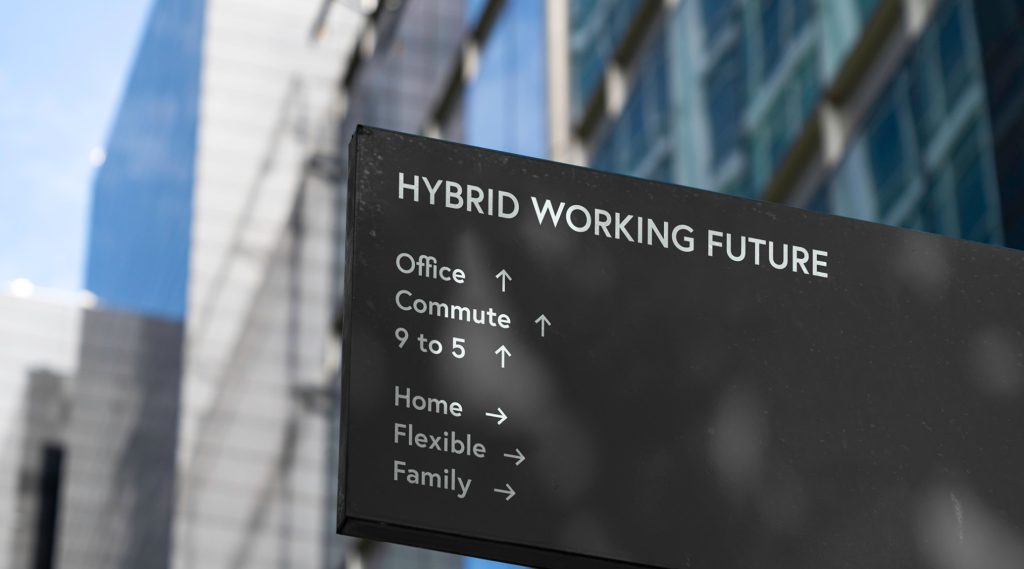What is CSR and What Should Companies Prioritise?
Do we, as consumers, really care about how companies treat their employees? Or how they engage with local communities, and how ethical their practices are? Does it make a difference when we consider buying their products or becoming employees?
According to millions of dollars being invested in corporate social responsibility (CSR) every year, the answer is increasingly, yes. Here we’ll take a look at what the term means, what the statistics tell us about people’s perceptions, and in which direction organisations should be facing when developing their CSR policies.
What exactly is CSR?
CSR is a self-regulating business approach where companies try to improve their social accountability. They try to ensure they are producing in a way that has a positive effect on society and the environment, rather than having a negative one.
From a consumer perspective, in an increasingly completive global economy, we are spoiled for choice when it comes to purchasing nearly any item. The price, quality, and reputation of each product are definitely considered when making purchase. But do we also think about how well the company behind each product treats its employees; how tightly controlled their supply chain is; how ethical the company is; their impact on the environment; and whether they engage with local communities?
From a business leaders’ perspective, we might ask whether doing good is really positive for business? In other words, is it possible for CSR to shift from being a box-ticking compliance issue to something that actually benefits business, the wider community, and the environment? In short: does a busines profit from CSR?
The statistics we’ve illustrated below suggest the answer to these questions is increasingly, yes.
CSR does not need a massive number of resources to be effective, nor does it require huge man hours. Most of all it requires the commitment of forward-thinking business leaders to look beyond their next short-term horizon towards a much broader future.
Let’s take a look at the stats
A global study on reputation and CSR by the Reputation Institute suggests that there is a strong business case when it comes to CSR. Here are some of their findings:
- 73% of consumers across the 15 largest markets in the world were willing to recommend companies that are perceived to be delivering on CSR
- 59% of consumers would go out of their way to communicate something positive about companies they see as being good corporate citizens, compared to only 23% for companies perceived to be weak in this area
- Only 5% of companies are seen as delivering on these promises
The importance of a brand’s positive reputation spreading via word-of-mouth is highlighted here. Having strong CSR policies in place can increase an organisations’ positive brand awareness outreach. But as the last figure shows, not nearly enough organisations are capitalising on this potential or doing enough to meet the promises their CSR policies outline.
So how does this play out in Australia? The survey suggested that 8 in 10 Australians feel it is important that their employer is responsible to society and the environment while 77% say companies should do more to contribute to society. The top concerns for Australians when it comes to CSR are: prioritising workplace safety (31%); respect and adhere to local laws and rights (26%); contributing to the socioeconomic development of the countries where the company operates (17%); and maintaining sustainable environmental practices (15%).
However, Australia is still only ‘average’ on a global scale when it comes to CSR. Australia ranked 12th behind countries such as Indonesia, Brazil and Mexico when consumers were asked how important a company’s CSR was when it came to making a purchase decision. A total of 76% of Australians surveyed said it was important.
What should businesses strive for in terms of CSR?
CSR today is all about stakeholder engagement. Having a positive relationship with your stakeholders is essential at every level of CSR development. Nurturing these positive relationships ensures that the company will have greater access to vital resources, value creation opportunities, and prudent risk management.
Managing regulatory impact is one of the main focusses of organisations who are in the earlier stages of CSR development. As a company’s policies and scope expand, it is global sustainability issues that become increasingly important. Innovators who are now at the more advanced stages of CSR are addressing poverty, economic inequality and human rights issues within their sphere of influence.
At its most effective, companies with strong CSR positioning routinely considered stakeholders’ needs when making business decisions. It’s also important to ensure effective stakeholder dialogue. Organisations need to approach stakeholders with empathy, honesty and no manipulative intent while encouraging equal control over the organisation’s sustainable business practices.
The question then, is how to integrate stakeholder values. This capability involves companies having the ability to effectively detect and share relevant information about stakeholders with all parts of the organisation, to assist the decision-making process.
Developing a robust CSR policy doesn’t happen overnight and takes time to develop effectively, especially in a fast-evolving global market where expectations shift seemingly overnight. With the right CSR specialists in the right places, and an active dialogue between the stakeholders at the top and the bottom of the hierarchy, a company can ensure they’re developing their CSR policies along with the tide of public consciousness. As a result, the public perception of their brand will also grow, and they will bear the fruits of the social responsibility they have invested in.











